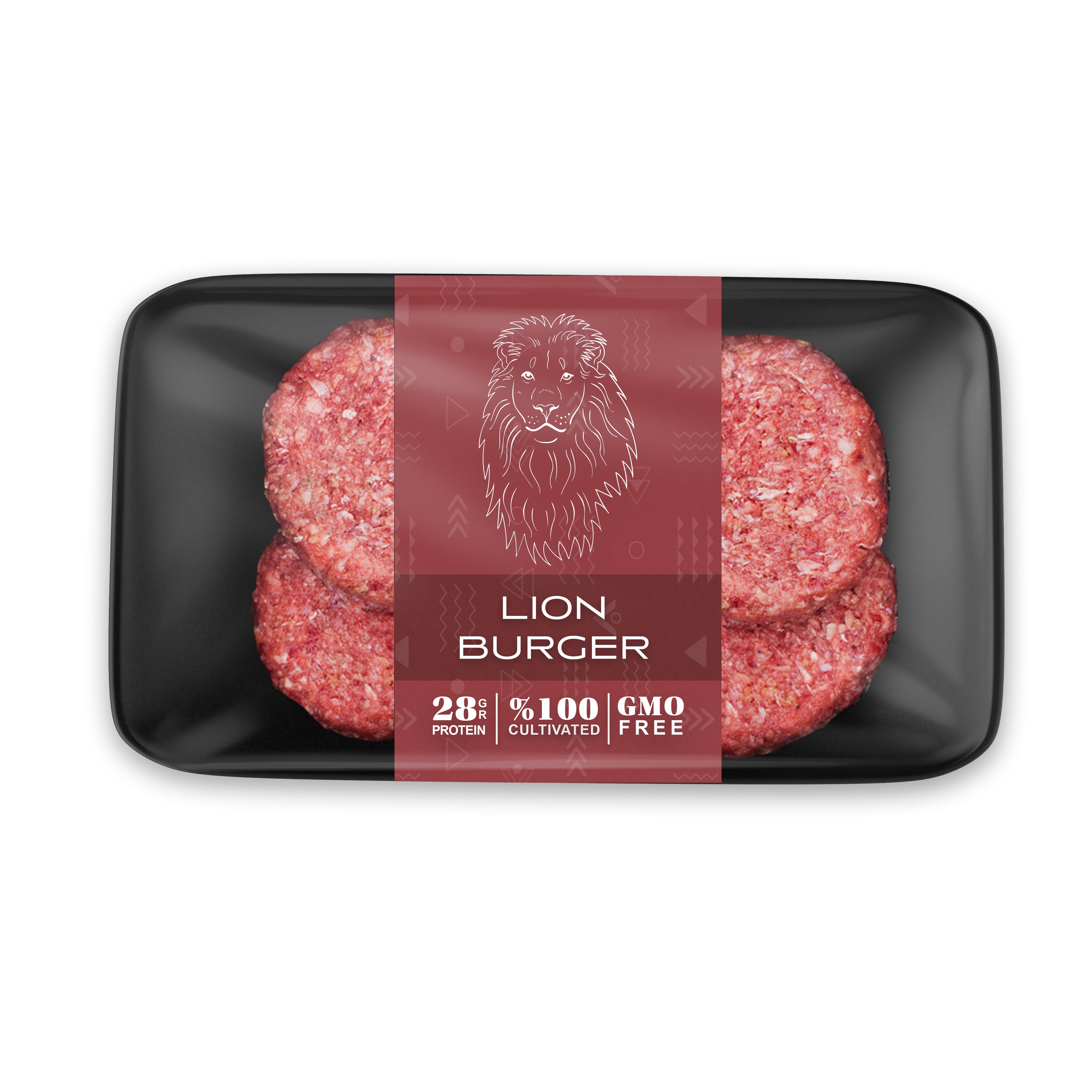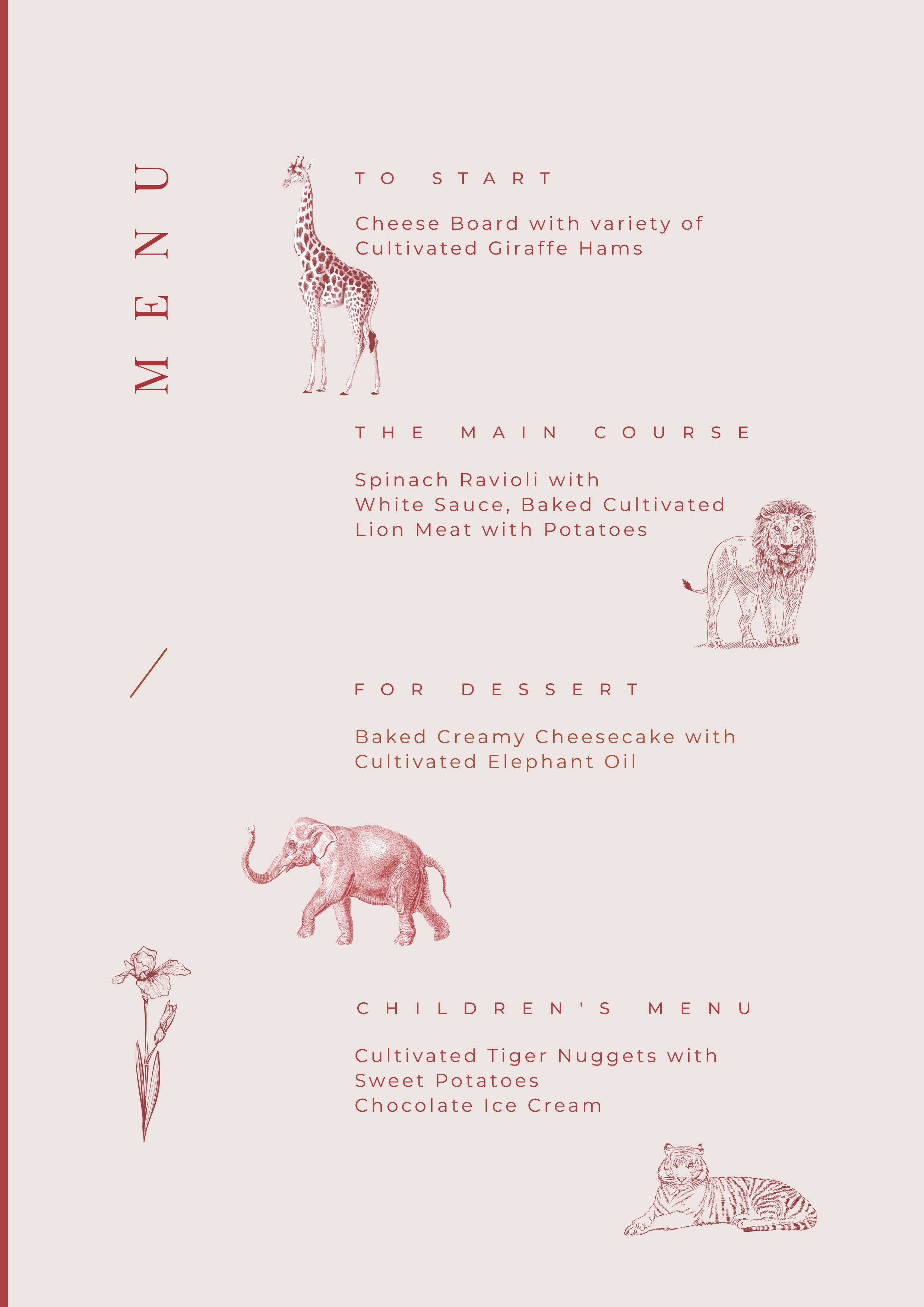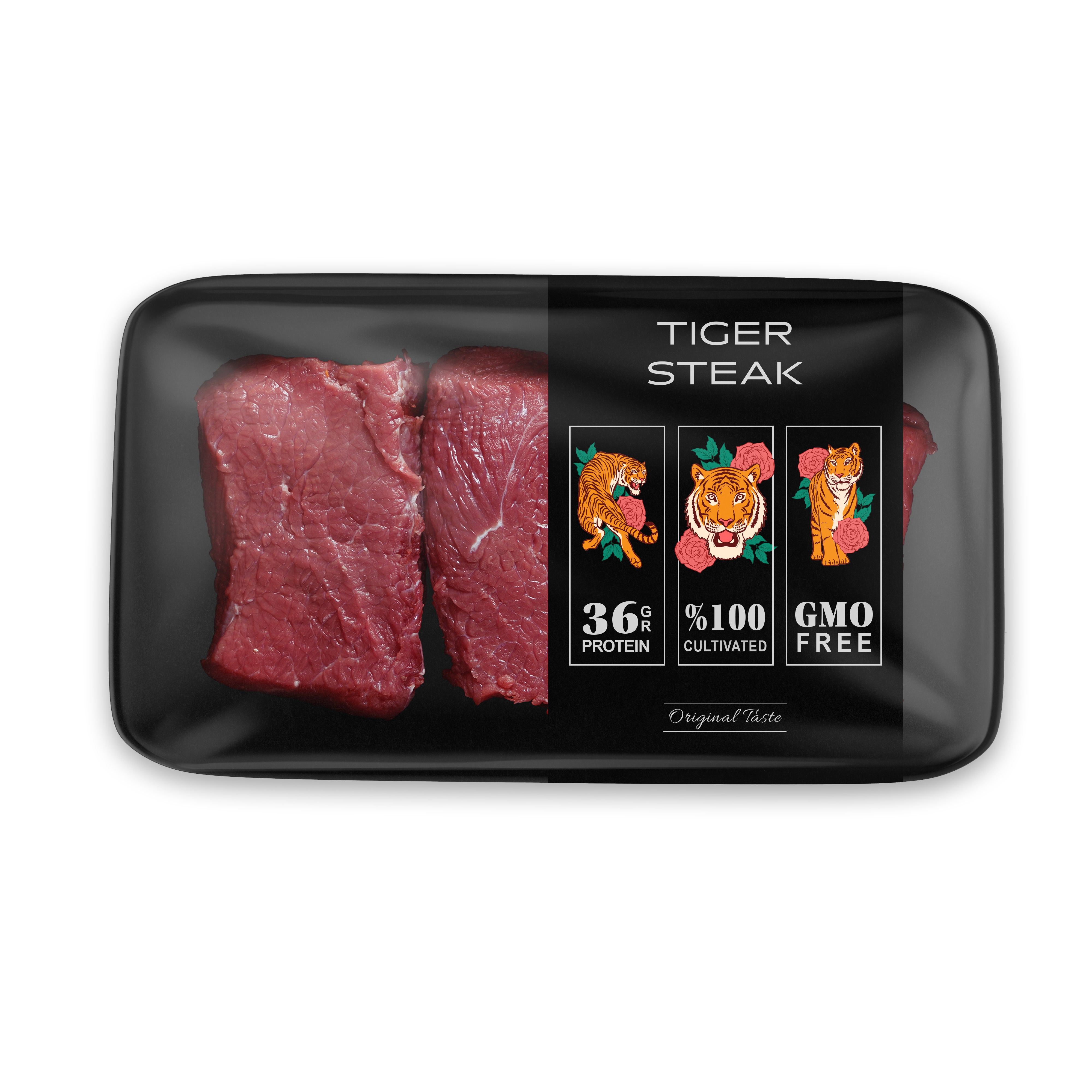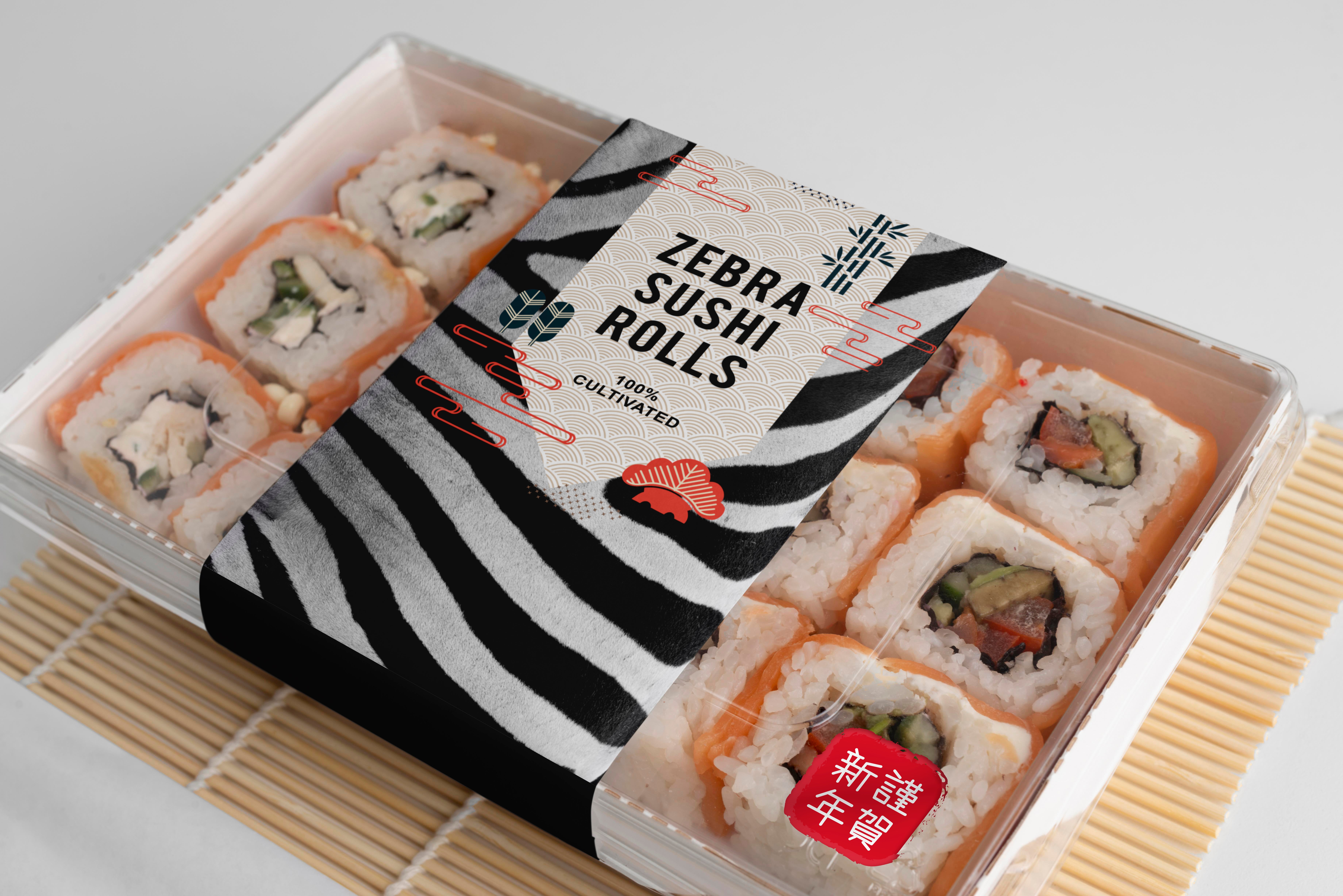World’s first lab-grown lion meat as climate-friendly ‘cultivated’ food arrives in UK
Cultivated lion burgers, tiger steaks and zebra sushi rolls are among products being pitched

Your support helps us to tell the story
From reproductive rights to climate change to Big Tech, The Independent is on the ground when the story is developing. Whether it's investigating the financials of Elon Musk's pro-Trump PAC or producing our latest documentary, 'The A Word', which shines a light on the American women fighting for reproductive rights, we know how important it is to parse out the facts from the messaging.
At such a critical moment in US history, we need reporters on the ground. Your donation allows us to keep sending journalists to speak to both sides of the story.
The Independent is trusted by Americans across the entire political spectrum. And unlike many other quality news outlets, we choose not to lock Americans out of our reporting and analysis with paywalls. We believe quality journalism should be available to everyone, paid for by those who can afford it.
Your support makes all the difference.Food producers are encouraging climate-conscious consumers to make the switch from plant-based alternatives to lab-grown exotic meats in a bid to preserve the planet.
‘Cultivated’ lion burgers, tiger steaks and zebra sushi rolls are among the products being pitched by a food-tech startup, that it hopes will eventually be made widely available for purchase.
Once the products have passed regulatory approvals, Primeval Foods said Michelin-starred restaurants in London will be among the first to sample its dishes, with further plans to expand on a larger scale, even to local supermarkets.
Cultivated meat is a production method that allows companies to produce food from any species without slaughtering animals.
It is produced by cultivating animal cells directly, which allows producers to replicate the sensory and nutritional profiles of conventional meat.
The idea behind the method is that it eliminates the need to raise and farm animals for food and is broadly regarded as a means of conserving land and water, preserving habitat, reducing greenhouse gas emissions, and preventing manure pollution and antibiotic overuse.

Since cultivated meat is not yet produced on an industrial scale, there is still relative uncertainty around its benefits in preserving the planet.
But scientists extensively conclude that the overall environmental impacts of cultured meat production are substantially lower than those of conventionally produced meat.
According to a study on its environmental impacts, production of cultivated meat involves approximately 7–45 per cent less energy use than conventionally produced European meat.
Greenhouse gas emissions were also found to be 78–96 per cent lower, while land use was cut by 99 per cent and water use by 82–96 per cent.

In February, the Financial Times reported a slump in plant-based sales after Beyond Meat’s stock dropped 11 per cent. In the last three months of 2021, the company reported losses of $80.4m — more than triple the year before.
It comes after US sales of plant-based meat overall dropped by 0.5 percent in 2021 after seeing a 46 per cent increase in 2020, according to data provider Spins.
Primeval Foods has taken this recent drop as an opportunity to “double down on innovative ideas”. As well as offering a new climate-friendly alternative to conventional meat, it hopes exotic alternatives will also allow people to explore novel culinary experiences.

“People are constantly seeking to discover new foods, new restaurants, new culinary experiences, but the traditional species have reached their limitation on meeting this demand,” said Yilmaz Bora, managing partner of Ace Ventures, the London-based venture studio that created Primeval Foods.
“It has to go beyond the current beef, chicken, and pork dishes, and it has to come without the expense of nature.”
He added: “In the coming months, we are planning to have a tasting event in London with one of our cultivated exotic meats, to give the world a taste of what the next chapter of food would look like.”
Join our commenting forum
Join thought-provoking conversations, follow other Independent readers and see their replies
Comments